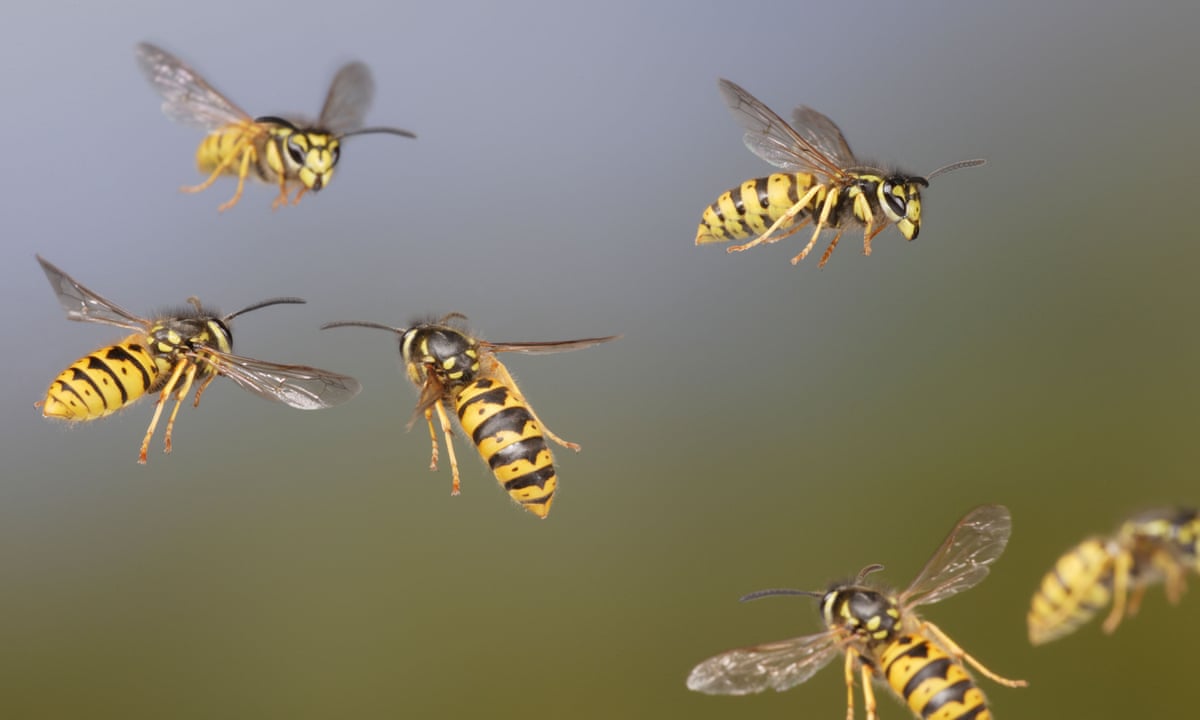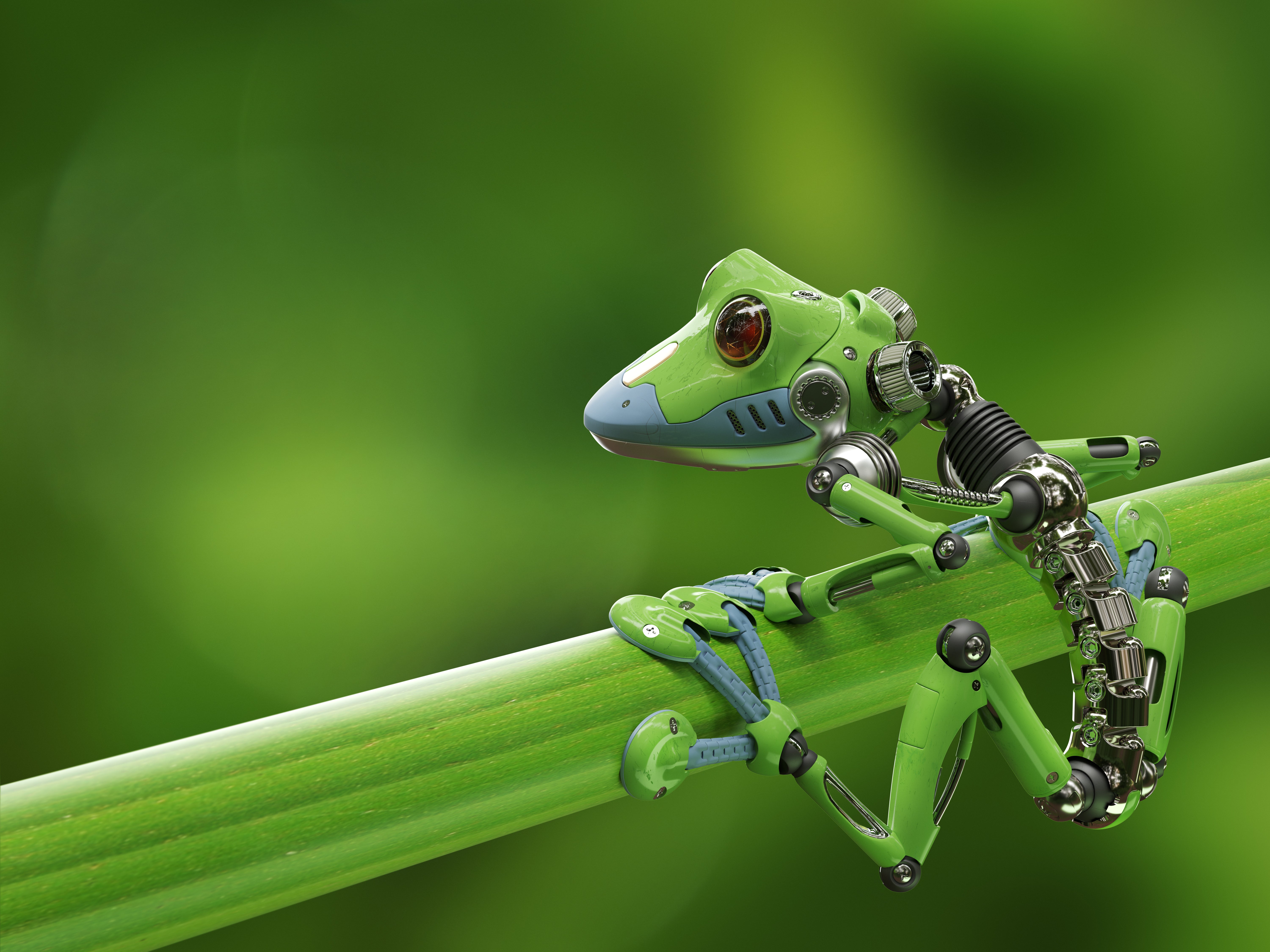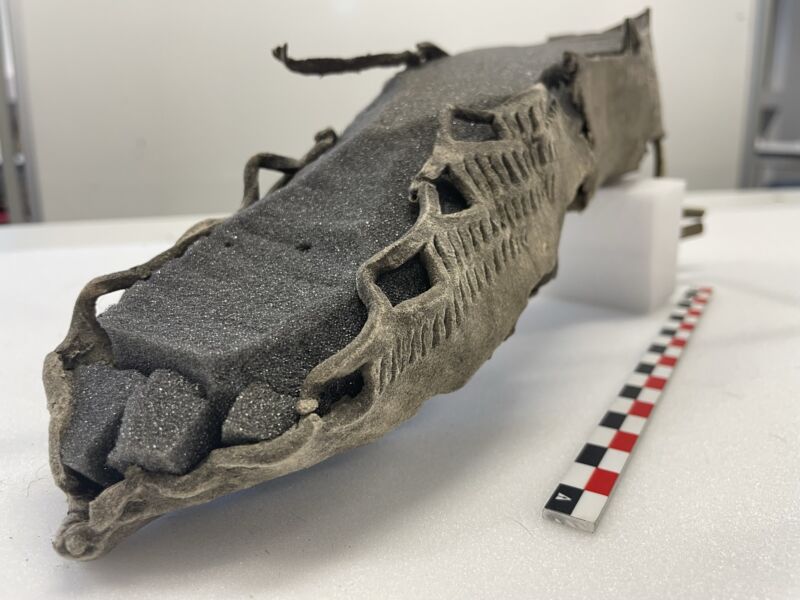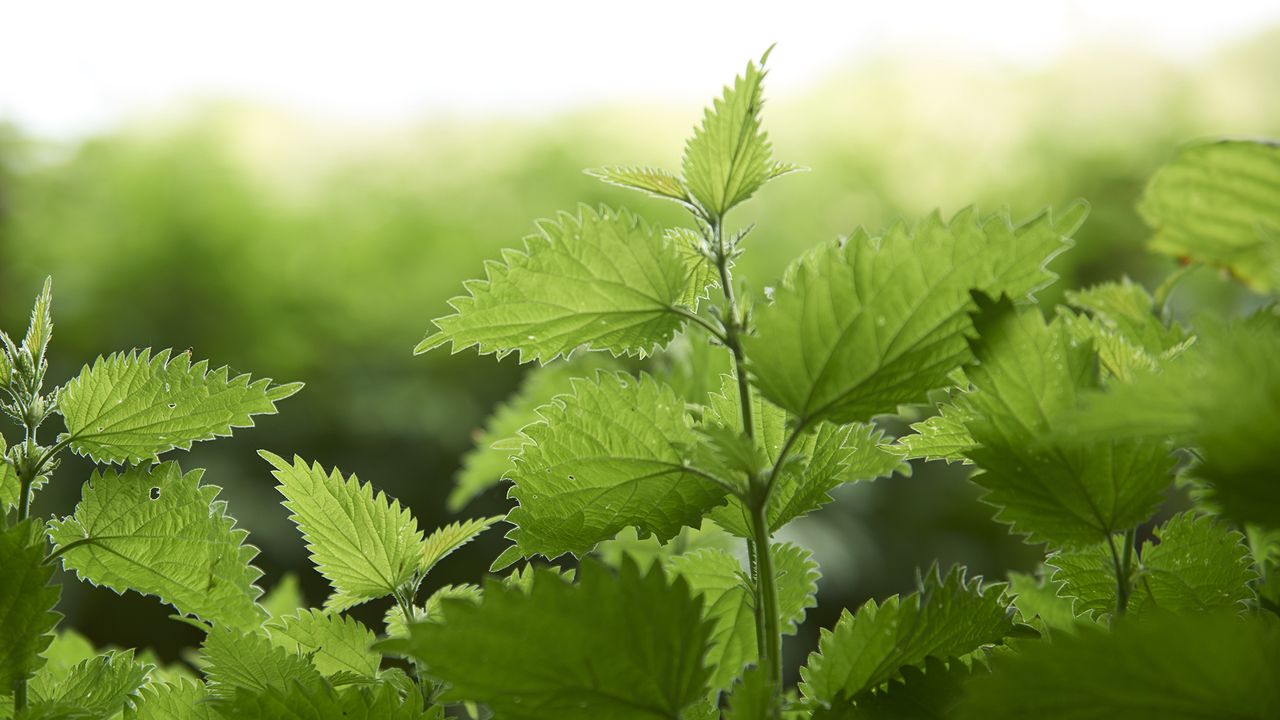And so to the final 2022 edition of my monthly links to items you may have missed.
Science, Technology, Natural World
There are quite a few scientific discoveries this month, so let’s start at the bottom and work up …
Scientists have discovered what they think is the world’s longest animal off Western Australia: a 45-metre-long deep-sea siphonophore.
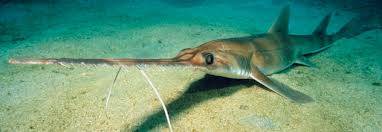
Also found in the deep off Madagascar, scientists have named two new species of rare six-gill sawsharks.
Female sexual anatomy is generally poorly studied in all species, and snakes are no exception. So it’s only now that scientists have discovered that female snakes have a clitoris, or two. Two articles: one from Science News, the other from The Scientist.
So what do you find in a museum cupboard? In this case the thought lost pelt and skeleton of the last Thylacine (aka. Tasmanian Tiger).
Still in Australia, a group of female cowgirls, sorry graziers, have discovered the first intact fossilised skull, and most of the body, of a 100m-year-old plesiosaur.
And still going up, scientists have now found that the Tonga volcano eruption last January was larger and more interesting than previously thought.
Finally for this section, the Guardian had a long article on the epic task of shutting down and cleaning up the Sellafield nuclear facility. [LONG READ]
Health, Medicine
Scientists are beginning to rethink their ideas about what actually causes Alzheimer’s Disease. [VERY LONG READ]
Careful scientific analysis shows that Covid vaccines can temporarily disrupt the menstrual cycle – although Covid itself doesn’t. [£££]
There’s been a huge rise in the number of girls questioning their gender identity, and the professionals don’t really understand why. [LONG READ]
Art, Literature, Language, Music
There’s now brouhaha surrounding the artist and sexual abuser Eric Gill, as Ditchling’s museum effectively chooses to totally ignore their most famous artist. (Just don’t get me started! None of this is new, his abuse has been known about for at least 50 years.)

History, Archaeology, Anthropology
The area around Stonehenge continues to throw up important archaeology. Experts have now figured out that some Neolithic stone axes were much later used as part of a goldsmith’s toolkit.
A group of researchers have discovered over 100 previously unknown designs in Peru’s ancient Nazca plain.
Archaeologists in Rutland have uncovered a barn which was converted into a Roman bathing suite (complete with steam room) for use by the house’s owners.

Yet more archaeologists, this time in Northamptonshire, have uncovered an early medieval burial with a stunning necklace. Two reports from the BBC and The Conversation.
London
The Houses of Parliament are probably hiding a medieval river wall.
Food, Drink
Are sweeteners as harmless as we thought? The jury is still out but it looks doubtful. [LONG READ]
Don’t despise the humble Brussels sprout; they contain as much vitamin C as oranges plus many other health benefits.
And while we’re on healthy food, here are six reasons why, despite popular myth, potatoes are good for you.
So microbiologists have found the ancestor of modern brewing yeast, and then discovered it living under their noses in Ireland.
Finally on food, Ali Ahmed Aslam, the inventor of chicken tikka masala, has died aged 77.
Lifestyle, Personal Development, Beliefs
Yes, I am a nudist, so what?
People
And finally for this year, here are 10 reasons why Richard Feynman was more than just a physicist.



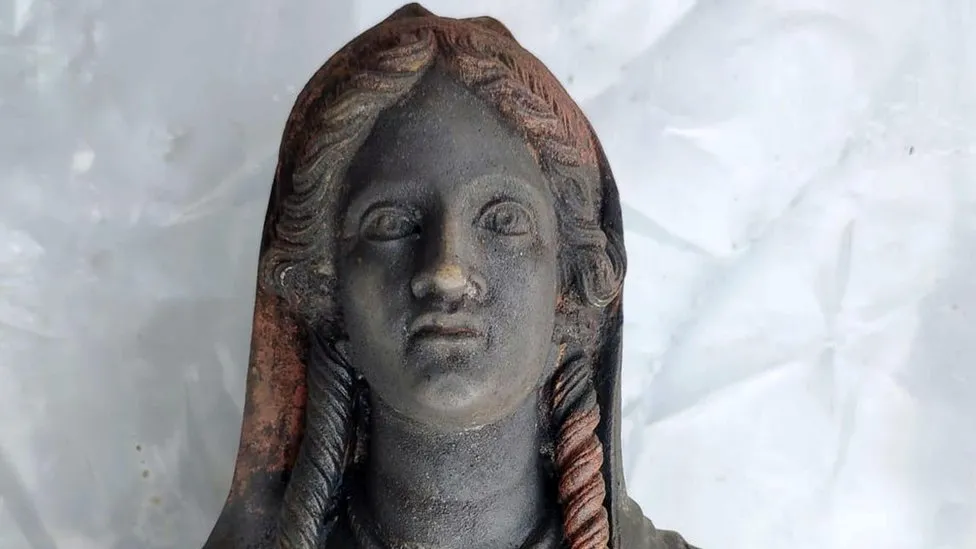

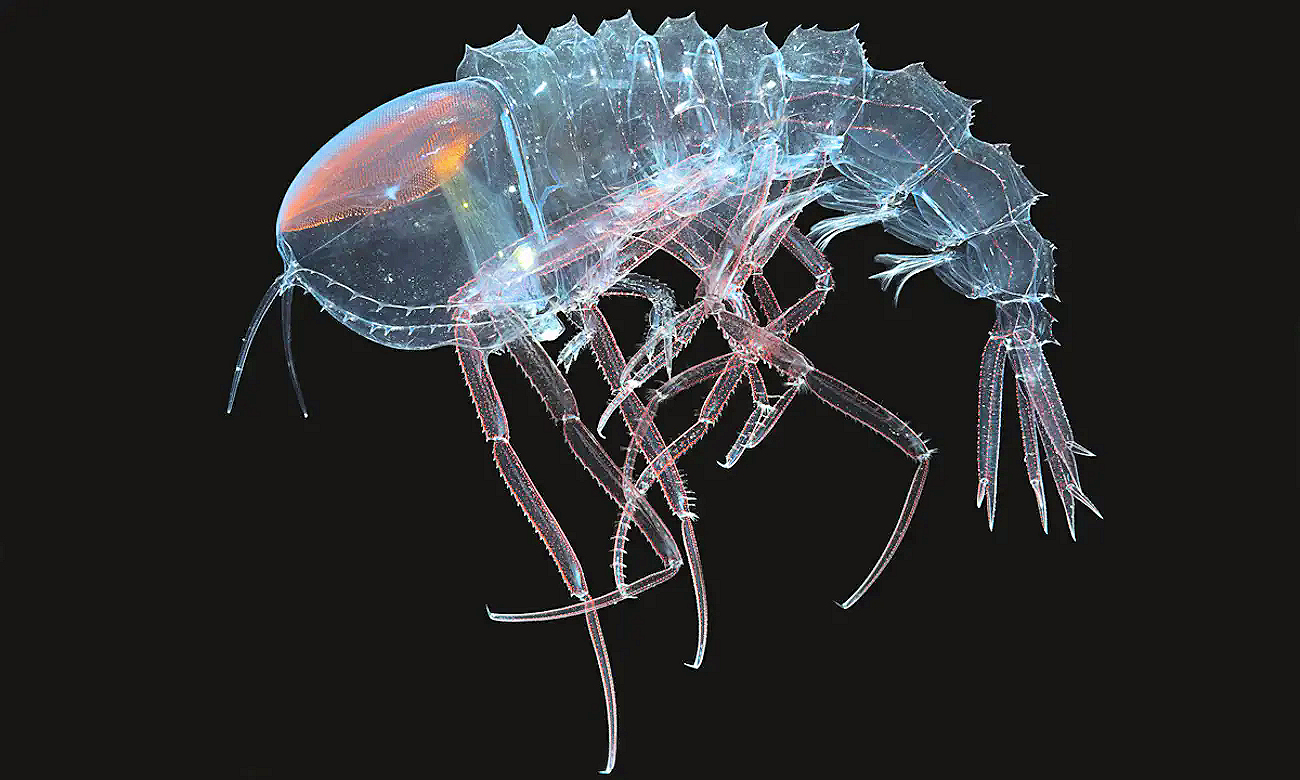




 This is a book about wasps. It isn’t a book of wasps; not a field guide; nor an academic description of the minutiae of wasps. But it is about wasps.
This is a book about wasps. It isn’t a book of wasps; not a field guide; nor an academic description of the minutiae of wasps. But it is about wasps.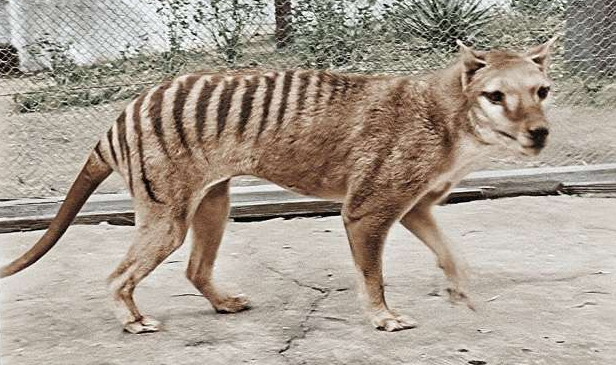


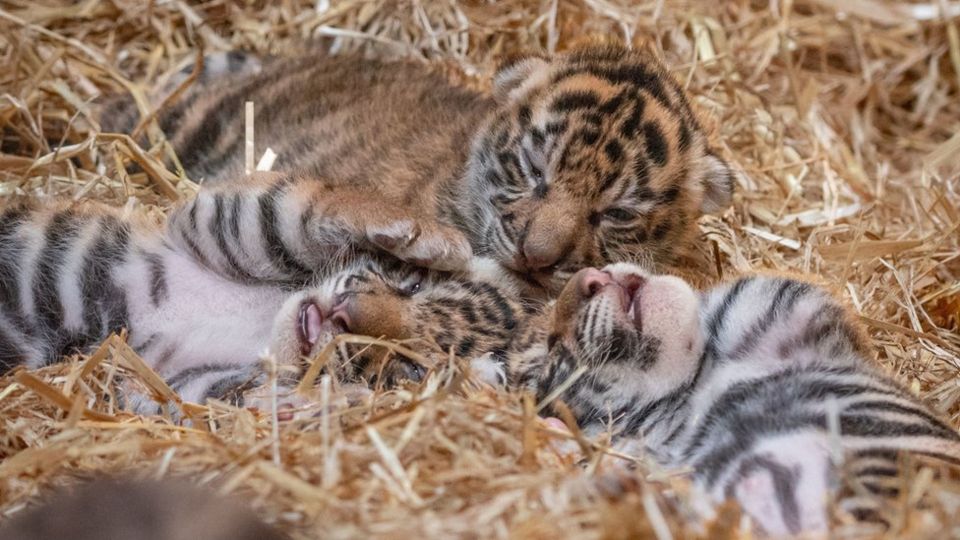

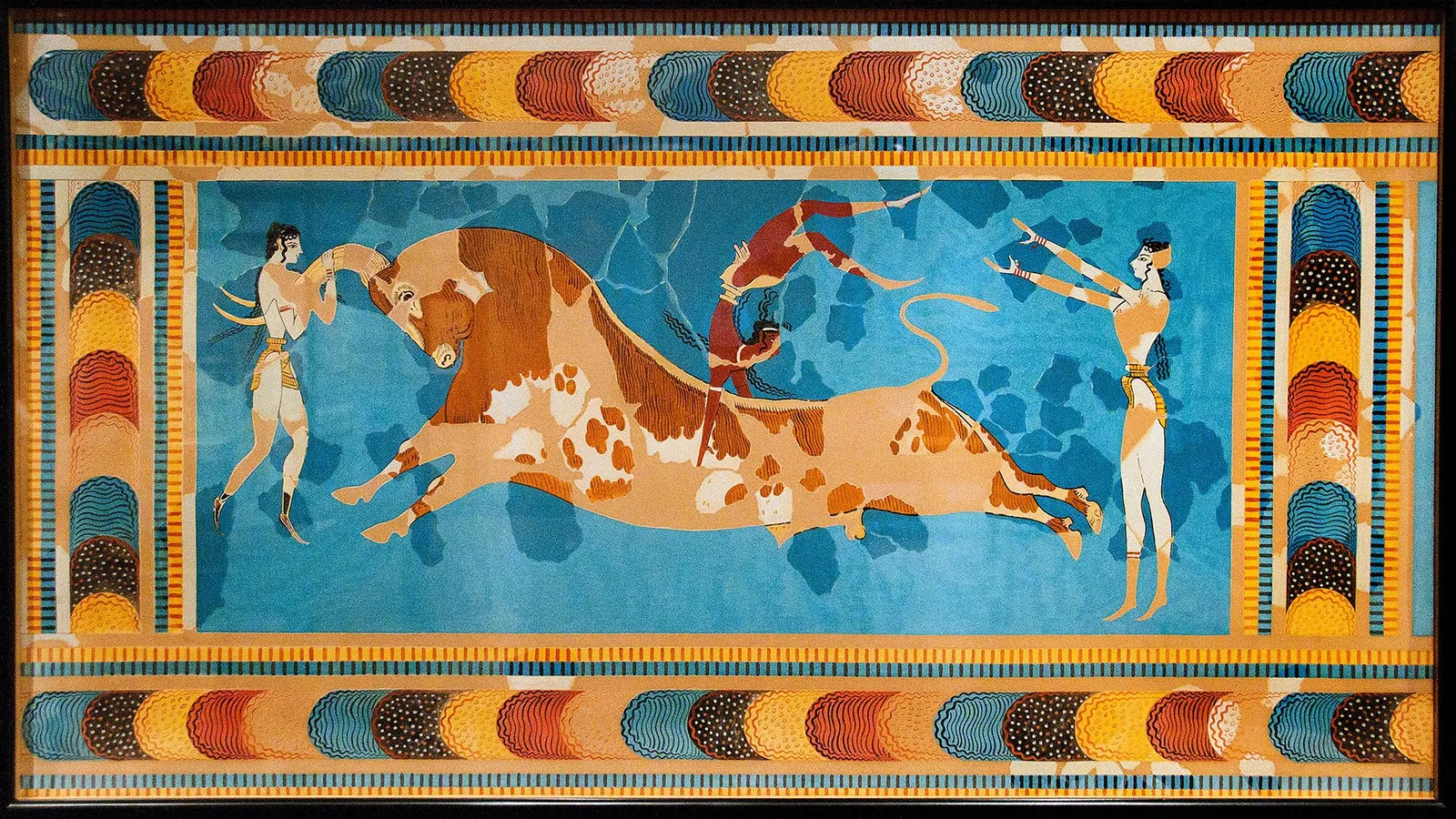


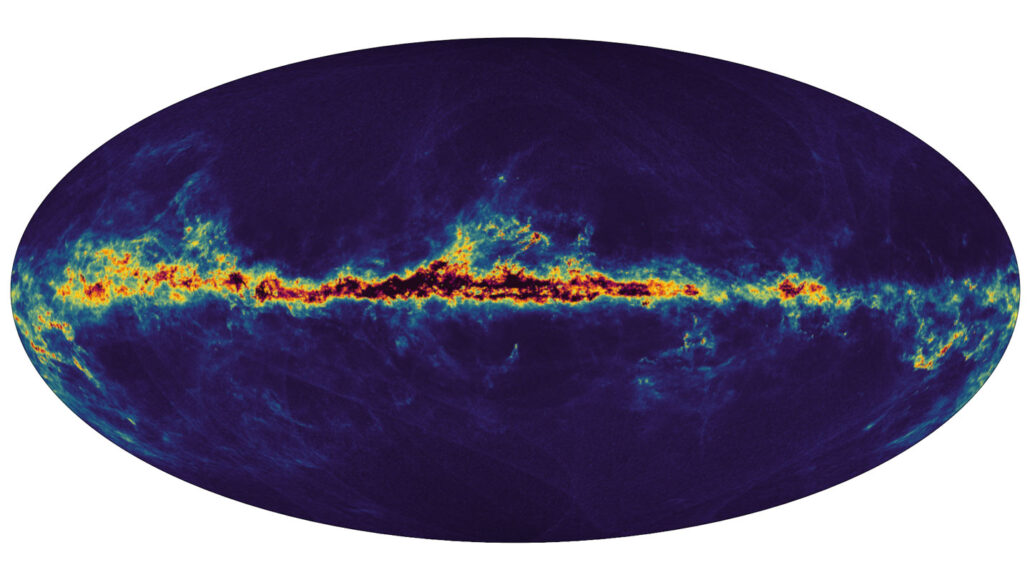
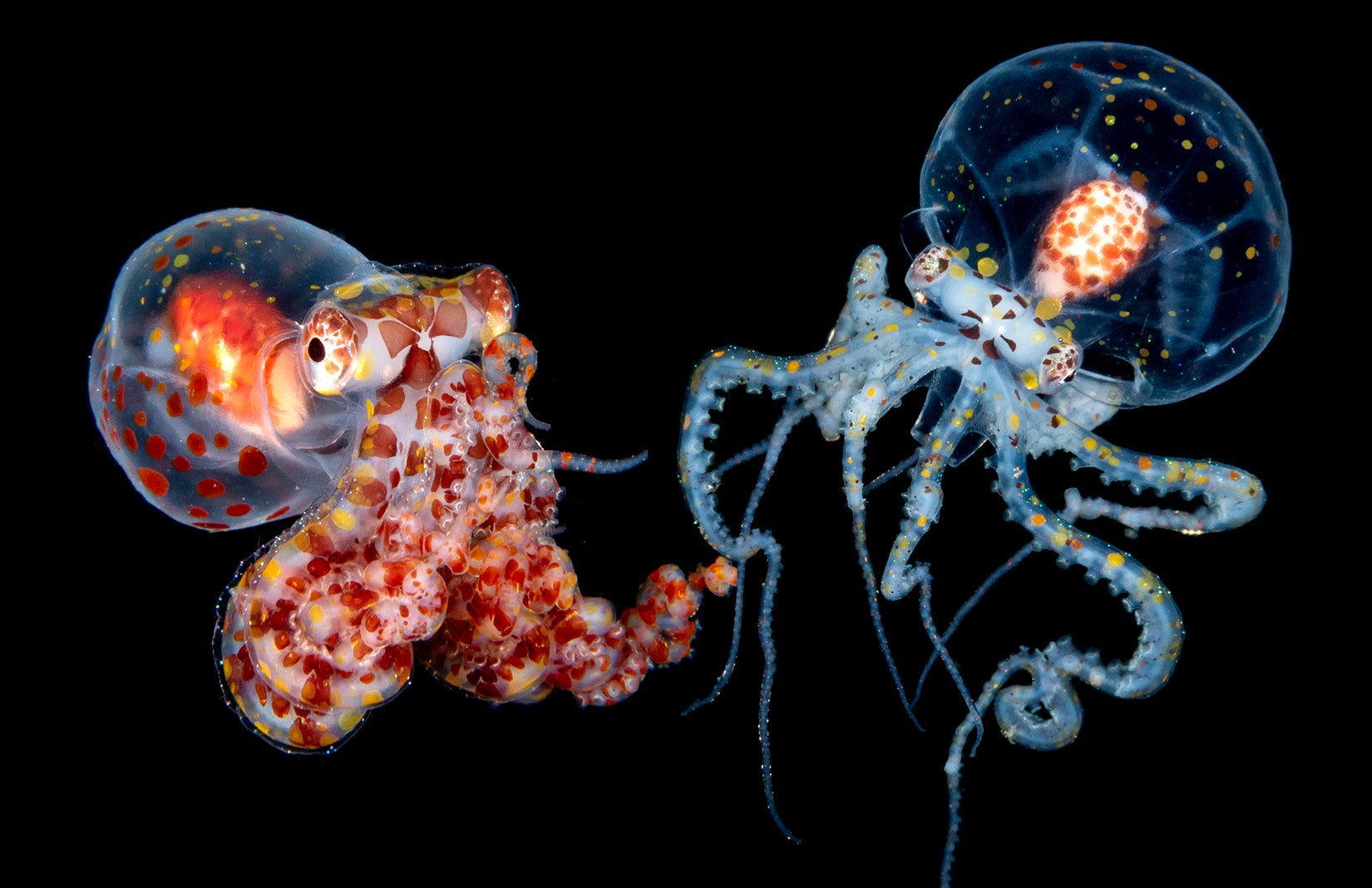


/image%2F1401956%2F20220525%2Fob_dacd6f_l1900747cc.JPG)

